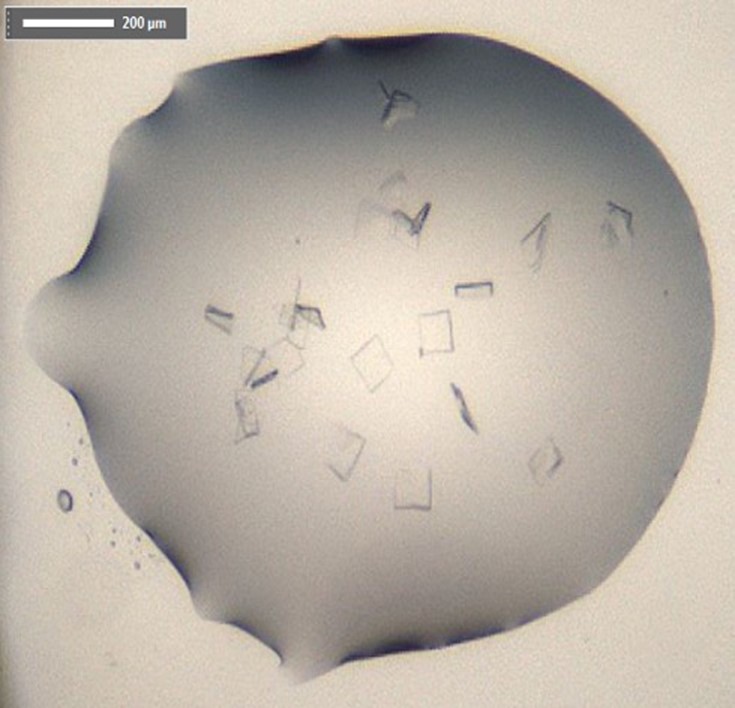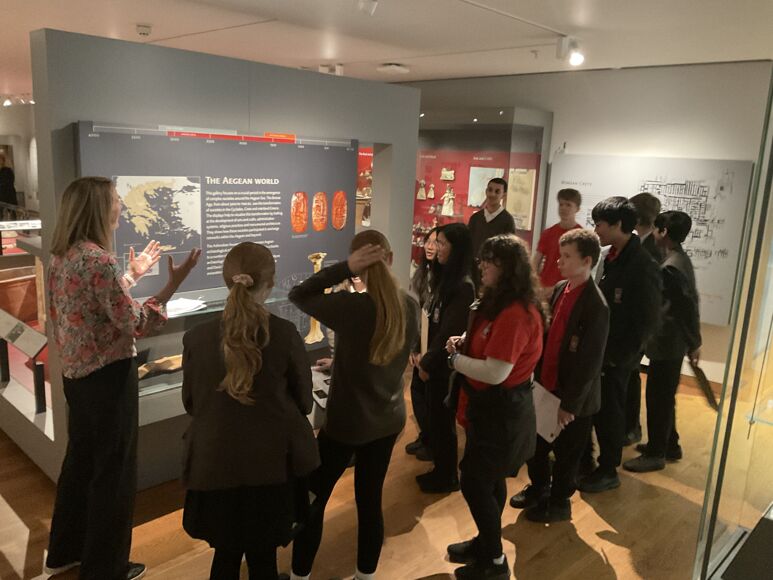Our case studies showcase academic research from across the Department that has had an impact on the world or local community, and feature some of our current academics, research staff, Alumni and students.

Transforming forest management with robotics
Oxford Robotics Institute
DigiForest is a pioneering project bringing together a multidisciplinary team of researchers from several universities, working alongside industry partners to create precise, data-driven solutions for sustainable forestry. Researchers from the Oxford Robotics Institute are playing a key role in putting transformative technologies in the hands of the forestry industry.

Seeing Inside Proteins
Crystallography
Absorption correction in long-wavelength crystallography unlocks new possibilities in structural biology and drug design

Enriching Exhibition Stories
Public Engagement
Traditional exhibition catalogues are extremely informative documents, but may be daunting, perhaps even intimidating, both to those who read them and those new to writing them. The Enriching Exhibition Stories project is helping museums more easily create a wider range of digital resources for their exhibitions.

From Curiosity to Award-Winning Science Communication
Public Engagement with Research
Postdoctoral Researcher Dr. Chenying Liu began her path to award-winning science communication unexpectedly during the COVID-19 lockdown. What started as a writing internship with Tom Rocks Maths led to prestigious honours such as the British Science Festival Award Lecture and the Josh Award for Science Communication. Her journey highlights the power of curiosity, adaptability, and a growth mindset - qualities any researcher can develop.
